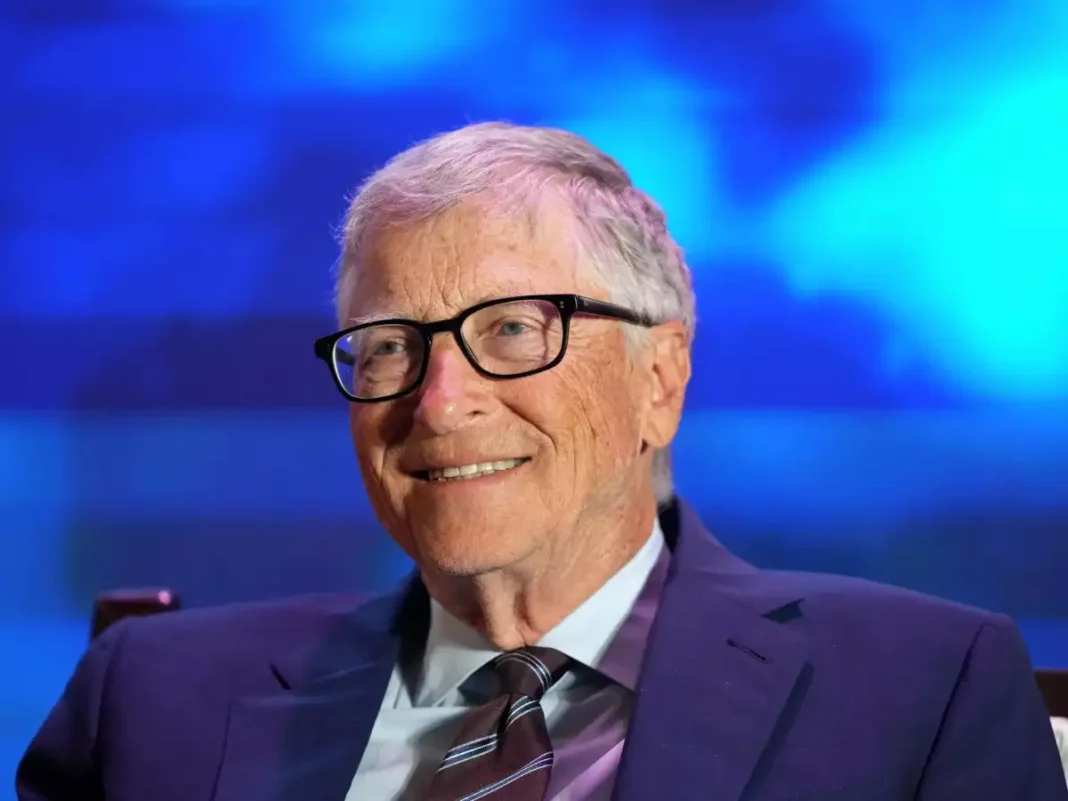Artificial Intelligence (AI) is transforming industries at an unprecedented pace. From automating customer service to assisting in medical diagnoses, AI is proving to be a powerful tool. But as AI continues to evolve, many workers fear that their jobs may become out of date.
However, Bill Gates, co-founder of Microsoft and a leading voice in technology, believes that some careers will remain essential despite AI’s rapid advancements. During an appearance on The Tonight Show, Gates shared his thoughts on AI’s impact on employment and identified three professions that will likely withstand automation.
Let’s dive into the three careers that will survive in this AI era.
Coders: The architects of AI

Ironically, the people responsible for developing AI systems are among those whose jobs remain secure. While AI can generate code, Gates explained that it lacks the precision, adaptability, and problem-solving abilities required for complex software development.
AI can assist programmers by automating repetitive coding tasks, but it still needs human oversight to ensure accuracy and efficiency. Gates believes that human programmers will continue to play a critical role in refining, debugging, and advancing AI itself.
Experts agree with Gates’ assessment. Mustafa Suleyman, CEO of Microsoft AI, has stated that while AI can generate code, it is far from perfect and requires human intervention for debugging and optimization.
Energy experts: The guardians of power

The energy sector is too vast and intricate for AI to manage alone. From oil and nuclear power to renewable energy solutions, industry experts must navigate regulatory challenges, develop sustainable strategies, and respond to unpredictable global demands.
While AI can enhance efficiency and provide analytical insights, Gates emphasized that human decision-making remains irreplaceable, especially in crisis management and long-term energy planning.
Energy analysts echo Gates’ concerns. According to The Economic Times, AI can optimize energy use, but human expertise is required for crisis management and strategic planning.
Biologists: The explorers of life

Biologists, particularly in medical research and scientific discovery, rely on intuition, creativity, and critical thinking—qualities AI still struggles to replicate. While AI can process vast datasets and aid in disease diagnosis, it cannot formulate ground breaking hypotheses or make intuitive leaps that drive scientific breakthroughs.
Gates predicted that biologists will remain essential in pushing the boundaries of medicine and understanding life’s complexities, with AI serving as a powerful tool rather than a replacement.
Harvard University professor Arthur Brooks shares Gates’ view, stating that AI lacks the ability to make intuitive scientific discoveries and will remain a supporting tool rather than a replacement for human researchers.
The future of work: Adapt or be replaced
While these professions appear safe for now, Gates acknowledged that AI’s impact on the job market will continue to evolve in ways we cannot yet predict. Just as past technological revolutions reshaped industries, AI will redefine the skills that remain valuable.
Those working in coding, energy, and biology may have some job security, but for everyone else, the message is clear: “Adapt, innovate, and prepare for a future where AI is not just a tool, but a competitor”.
Gates has also suggested that AI will eventually free people to work fewer hours, potentially leading to shorter workweeks and more leisure time. However, he warns that governments must create “rules of the road” to ensure AI’s benefits outweigh the risks.
As AI continues to reshape industries, workers must stay informed, upskill, and embrace new opportunities. While AI is powerful, it still needs human creativity, expertise, and leadership,at least for now.




